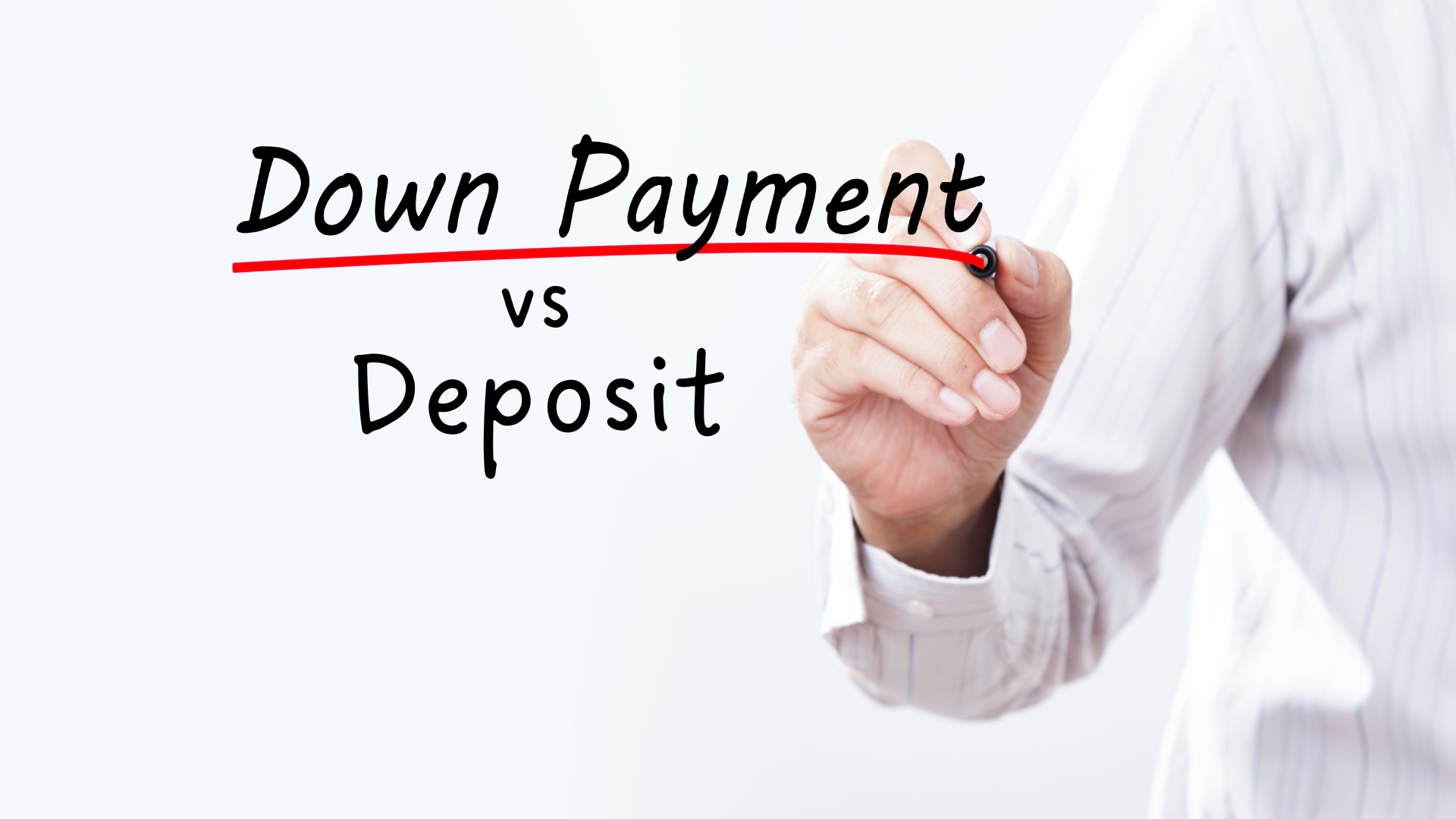The asking prices of most homes on the market indicate the current state of the market and usually mirrors the prices for which other similar homes in the area have recently sold. In deciding upon a selling price, a home-seller must establish a balance between the desire to draw the highest offer and finding a price that will be reasonable enough to attract an appropriate pool of prospects and competitive offers. While most selling agents counsel their clients to consider this equation when pricing their home, keep in mind that some homes are not properly priced.
It’s important to educate yourself about the current market before thinking about buying a home. The market will always influence a property’s value, regardless of the state of a home, or its desirability.
Here are the types of market conditions and how they may affect you.
1. Seller’s Market
A seller’s market is considered a “hot” market. This type of market is created when demand is greater than supply – that is, when the number of buyers exceeds the number of homes on the market. As a result, these homes usually sell very quickly, and there are often multiple offers.
As a buyer, you need to consider that many homes will sell above the asking price. In other words, you may have less room to negotiate, and may encounter competing offers. Though most buyers want to get a home for the lowest price possible, reducing your offer could mean opening the door for another buyer instead.
2. Buyer’s Market
A buyer’s market is a slower market. This type of market occurs when supply is greater than demand, the number of homes exceeding the number of buyers. Properties are more likely to stay on the market for a longer period of time. Fewer offers will come in, and with less frequency. Prices may even decline during this period.
As a buyer, you will have more selection and flexibility in terms of negotiating toward a lower price. Even if your initial offered price is too low, the seller will be more likely to come back with a counter-offer, so you can begin the process of negotiation.
3. Balanced Market
In a balanced market, supply equals demand, the number of homes on the market roughly equal to the number of buyers. When a market is balanced there aren’t any concrete rules guiding whether you should make an offer at the higher end of your range, or the lower end. Prices will be stable, and homes will sell within a reasonable period of time. You will have a decent number of homes to choose from and may encounter some competition for offers on the home of your choice, or none at all.
The other main factors that affect market value are:
Before you make an offer to purchase a home, establish whether the current market is a Buyer’s, Seller’s, or Balanced market. Also, evaluate the price similar properties have sold for in the area, and the length of time these properties spent on the market. Determine how the home you’re considering compares to these other sales. Is this one over-priced, under-priced, or a fair price? By establishing this information prior to making an offer, you will be in a position to negotiate the best price for the home and be prepared for any additional opportunities that may come your way.
Keep in mind, a local realtor is trained to provide clients with this information about the market, helping you make the most informed decision possible. The right realtor will guide you through the ups and downs of the market and keep you up-to-date with the types of changes you might expect. These realtor resources and connections will prove to be invaluable as you navigate the Cowichan real estate market.
1. Location
The proximity of the home to amenities such as schools, parks, public transportation, and stores will affect its status on the market. Also, the quality of neighbourhood planning and future plans for development and zoning will influence a home’s current market value, as well as the ways in which it might change.
2. Property
The age, size, layout, style, and quality of construction of the building will all affect a property’s market value, as well as the size, shape, seclusion and landscaping of the yard.
3. Condition of the Home
This includes the general condition of the home’s main systems, such as the furnace, central air, electrical system, etc., as well as the appearance and condition of the fixtures, the floor plan of the house, and its first appearances.
4. Comparable Properties
Examine the selling and asking prices of similar homes in the neighbourhood. Ask your local Cowichan Valley realtor to prepare you a general market analysis of the neighbourhood you’re interested in, so you can determine a range of value for a particular property. A market analysis will provide you with a market overview and give you a glimpse at what other similar properties have been selling for in that area.
5. Market Conditions/Economy
The market value of a home is additionally affected by the number of homes currently on the market, the number of people looking to buy property, current mortgage rates, and the condition of the national and local economy.





